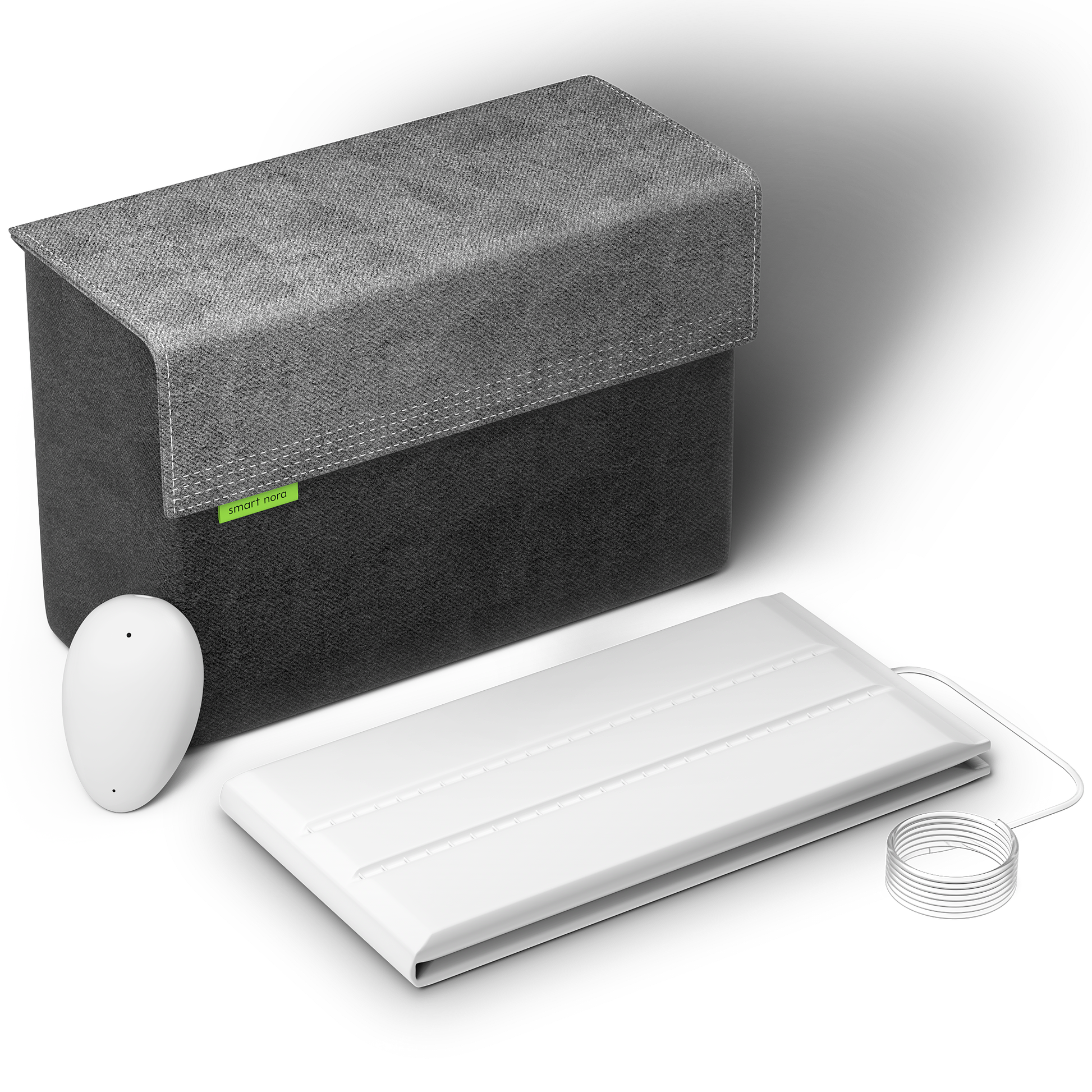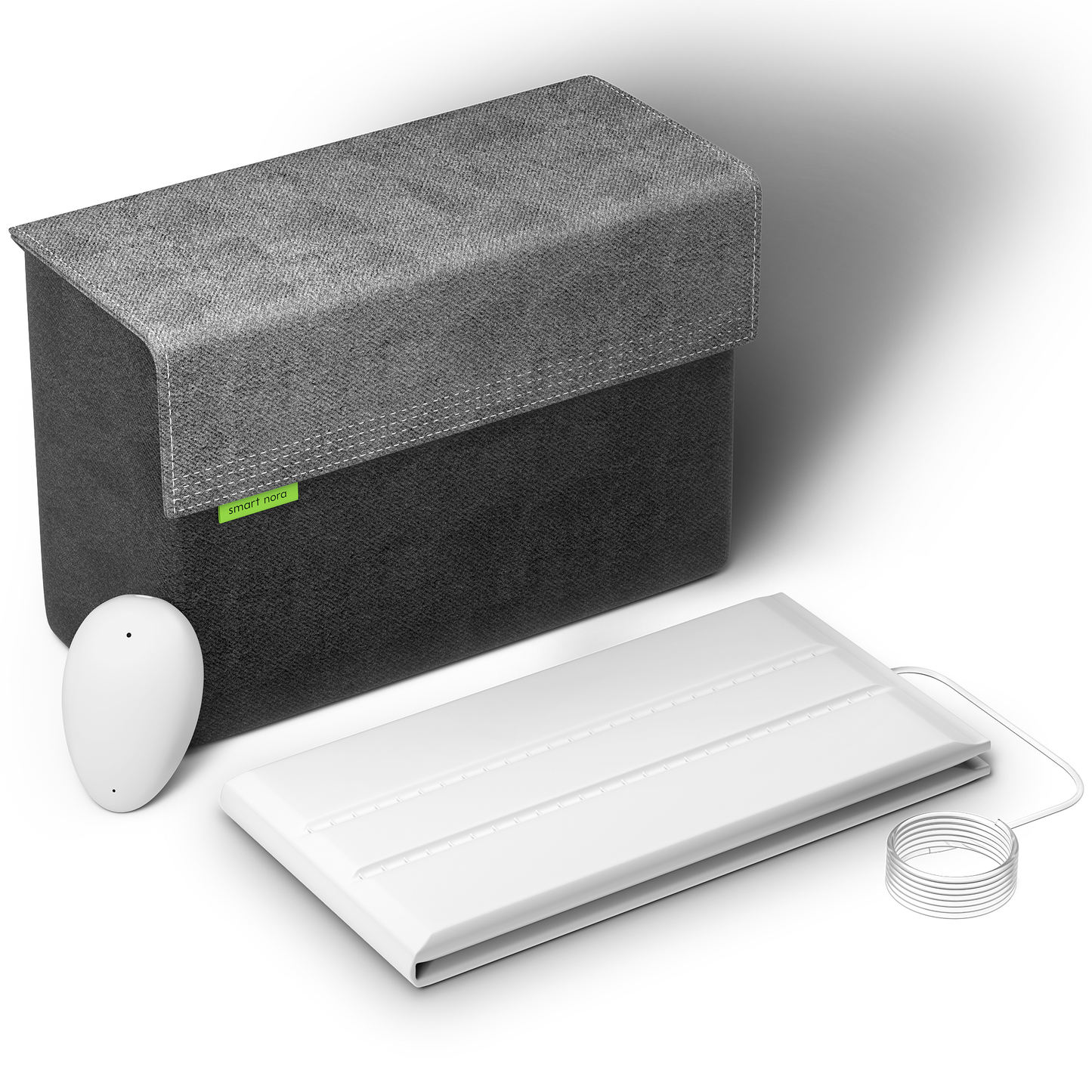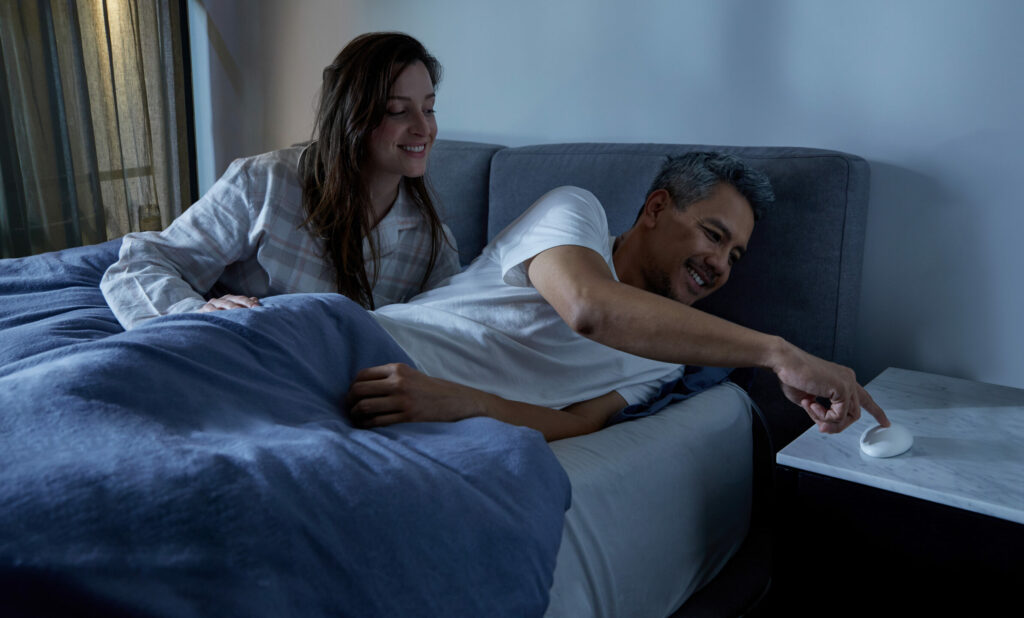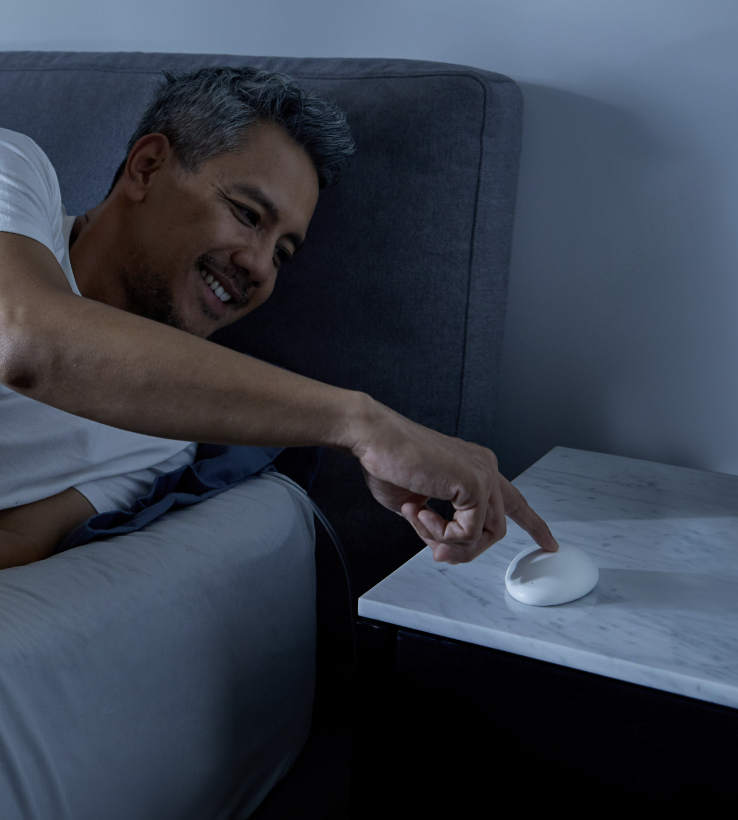Getting good-quality sleep solely does not depend on your sleep schedule but on how much we exercise, how much time we spend working on laptops and phones, and also how much we eat. Indeed, eating in sufficient quantities is necessary for proper body functioning as well as sleep, but not many are aware that eating too much can hamper your sleep.
This is because studies show that when people overeat and consume high-calorie food over healthier food options, they take significantly longer to fall asleep at night. Eating too much speeds up the metabolism that causes you to feel hot and sweaty; not a perfect state for a good night.
However, this works the other way too! Lack of sleep triggers overeating and an increased risk of obesity. So you’re stuck in a vicious cycle—sleep affecting eating habits and eating patterns affecting sleep. Let’s dig deeper into this complex relationship and learn tips to avoid eating too much.
Vicious Cycle of Overeating and Sleep
Sleep allows our body to replenish the hormones used throughout the day and enables us to recover, including leptin and ghrelin hormones. Leptin is a hormone that holds down appetite by telling the brain that you’re full. On the other hand, ghrelin stimulates appetite and hunger. But obstructions in normal hormone production cause sleep deprivation, resulting in overeating.
Generally speaking, leptin squashes overeating, but it can only do so when you have a good night’s sleep to produce adequate leptin levels. Our brain releases proteins that produce leptin in the small intestine and fat cells during sleep. But if you don’t sleep well, your body isn’t producing sufficient amounts of leptin to combat food cravings and metabolism.
Adding to this, lack of sleep produces substantial amounts of ghrelin, making you feel hungry. So your body is experiencing a hormonal imbalance with high ghrelin and low leptin, leading to higher BMIs.
Alternatively, if you overeat during the day, you’ll have difficulty sleeping at night. Generally speaking, filling your stomach with heavy food takes several hours to digest, and the digestion process slows down during sleep. So if it’s your bedtime and you overeat, you’ll witness disturbed sleep because the food isn’t digested and causes disruptions in the body’s normal sleep process.
Effects of Sleep Deprivation and Overeating
Studies show that not having adequate good night’s sleep is one of the reasons people intake more calories the next day. People suffering from sleep deprivation consume around 385 calories extra each day than those who sleep well. Plus, they tend to hog sugary foods and carbohydrates because disturbed sleep motivates our brain toward fancy food cravings and we feel rewarded.
Now you know why you crave sweets during breakfast; it’s because you didn’t have a peaceful snooze. However, this behavior of finding relief in food increases blood sugar levels and the chances of developing Type 2 diabetes.
And if you eat late at night, increased blood sugar levels will make your pancreas release more insulin, resulting in a sugar crash. Fluctuations in blood sugar levels cause midnight awakenings, making it difficult for you to go back to sleep.
Conversely, one of the effects of overeating is simple to guess–increased body weight. You might become obese, which in turn causes other health issues such as sleep apnea. But if you’re fond of spicy and fatty food, overeating can surge acid reflux, causing heartburn and indigestion.
Eventually, if you intake a lot of fat-increasing food with no change in physical activity, your waistline is bound to be affected!
Tips to Avoid Overeating
Indeed, we understand that eating too much while sitting in one place is a habit that is hard to unfollow. However, these simple tips can help you avoid overeating.
Keep Track of Trigger Foods
Overeating is often related to eating what you love the most. For example, if your trigger food is chips, it’s a good idea to stop buying and storing them at your house. Unavailability or inaccessibility of trigger food can help reduce overeating.
Stop Eating Directly from Containers
When you eat straight from the container, you tend to consume more because you see so much food. Instead, remove a single serving portion in a bowl and avoid refilling multiple times. This way, you can curb the intake of calories in one sitting.
Increase Proteins in your Diet
Proteins fill your stomach and reduce your desire to eat more food. In fact, studies show that having a high-protein breakfast like eggs and curd reduces hunger and snacking the entire day. Plus, proteins are healthy and do not cause an excessive increase in body weight.
Don’t Stress
Stress is also one of the factors that trigger overeating. Hence, you must reduce stress as much as possible to avoid overeating and sleep better. You can engage yourself in yoga, guided breathing techniques, exercising, listening to music, or anything that helps you keep stress at bay.
Inculcate Mindful Eating
Mindful eating is when you focus on the moment, and you’re aware of your thoughts when eating food. It is one of the proven ways to reduce overeating, binge eating, and midnight snacking. Additionally, eating and chewing slowly, and taking small bites, are simple habits that you can practice and foster healthy eating habits.
Take Adequate Sleep and Exercise
Now that you know how sleep and overeating are connected, you understand the importance of sleep. So, try to sleep for seven to eight hours daily and wake up with a fresh mind. Additionally, exercising daily with a proper diet drives a healthy lifestyle.
Eat Healthy and Sleep Peacefully
We are not implying that you dump all chocolates and favorite savories in the bin, but moderating your diet can help you sleep better. Indeed, sleep is essential as it helps your body and mind to rest and rejuvenate, improving your immunity and ability to fight diseases, lowering weight gain, and enhancing overall health and well-being.
However, suppose you cannot sleep and feel sluggish and grumpy the following day because of a snoring partner. In that case, an anti-snoring solution such as Smart Nora can help you sleep peacefully. It is a small and smart device with intuitive controls that detects snoring sounds and gently moves the pillow to stop them. With Smart Nora, you don’t have to put anything on your face or mouth, and it helps you sleep comfortably and enjoy snore-free nights.














